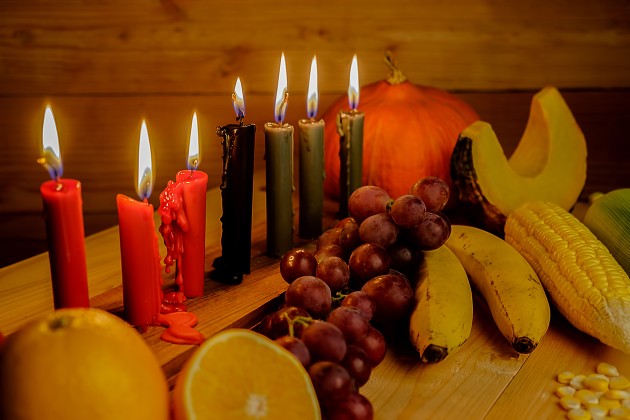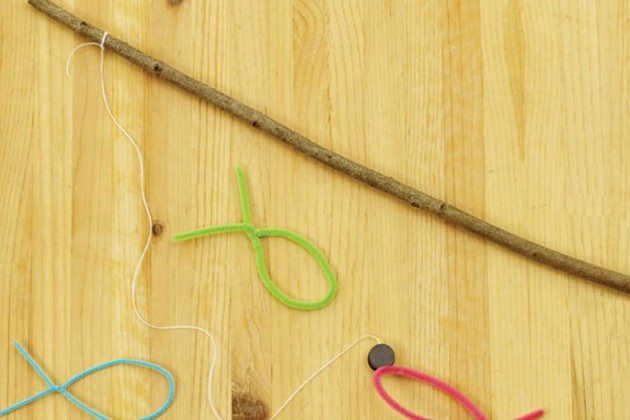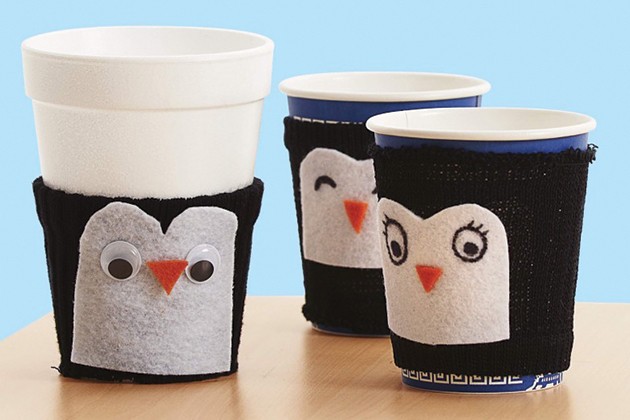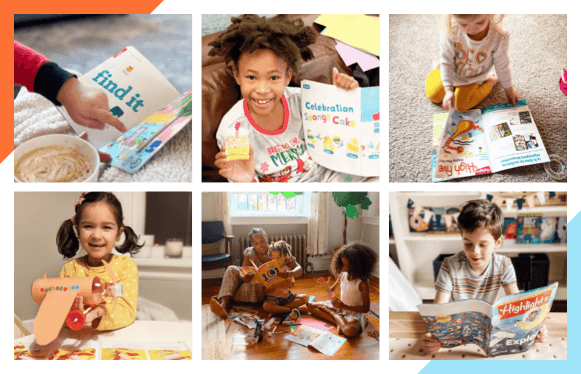How Do You Celebrate: Kwanzaa
By: Alexis Maycock
The holiday season in December is full of opportunities to celebrate standing traditions and establish new traditions. A few years ago, our family decided to incorporate Kwanzaa in our holiday traditions. Kwanzaa is a holiday primarily celebrated in the United States annually from December 26-January 1. The holiday celebration involves songs and dances, storytelling, poetry reading, and a large traditional family style meal (Karamu) that usually incorporates Black American soul food and traditional African cuisine.
Each night of the seven nights of Kwanzaa, families come together and light one of the candles on the Kinara (candleholder) and then a Kwanzaa principle is discussed. There are seven Kwanzaa principles:
- Umoja (Unity)
- Kujichagulia (Self-Determination)
- Ujima (Collective Work & Responsibility)
- Ujamaa (Cooperative Economics)
- Nia (Purpose)
- Kuumba (Creativity)
- Imani (Faith).
Each principle enforces the value and importance of building and reinforcing community. It is also a wonderful time filled with exploration of one’s family history and passing on of family traditions.
Kwanzaa’s origin story began with one man’s desire to also establish tradition with his family and his community…the Black community. Dr. Maulana Karenga, professor and chairman of Black Studies at California State University established Kwanzaa in 1966. He desired to find a way to bring Black Americans together after the Watts Riots occurred in Los Angeles; as well as the traumatic impact of events during the Civil Rights era. Dr. Karenga began to research traditional communal African harvest celebrations. His research led him to combine several aspects of harvest celebrations among African tribes, specifically the Ashanti and Zulu tribes, to create the holiday celebration known today as Kwanzaa.
As I learned more about the history of Kwanzaa, the celebration, and Dr. Karenga’s mission to build family and community, the more I wanted to incorporate this celebration into our holiday traditions. I looked around my community to see what Kwanzaa celebrations were taking place that our family could participate in. Our local library was my first stop. We got to partake in a celebration where they discussed the history of Kwanzaa and the Kwanzaa elements, discussed the seven principles (and seven fruits), held storytelling from “Harriet Tubman” about the Underground Railroad, and we then got to enjoy a communal soul food meal with the other attendees.
After that encounter at our library, we began to incorporate elements of Kwanzaa into our holiday traditions. In our home, we light the kinara for each of the seven nights and discuss the seven principles.
We have found ways to connect the meaning of the seven principles to what is currently going on in our home, our local community, and abroad with our high-schooler. Her interest around her heritage and racial culture has peaked and so it is a great time to share and answer questions. Our youngest daughter loves to read, so we have found books as a great tool to get her more involved in the celebration.
On the last night of Kwanzaa, zawadi (gifts) of meaning are usually given and received. It is always a treat for the girls to receive these gifts because they are usually slightly different than a gift they would receive on Christmas.
Celebrating Kwanzaa as a family has been a gift of togetherness and time well-spent that we give to each other every year. One realization that all the unpredictability of the last few years has given me is the importance of establishing and maintaining traditions with my children. Kwanzaa has been and will continue to be another wonderful way for us to build legacy for our children and for the next.
Celebrate Kwanzaa by displaying—then eating!—this tasty treat that represents mazao ("crops" in Swahili), one of Kwanzaa’s symbols.









